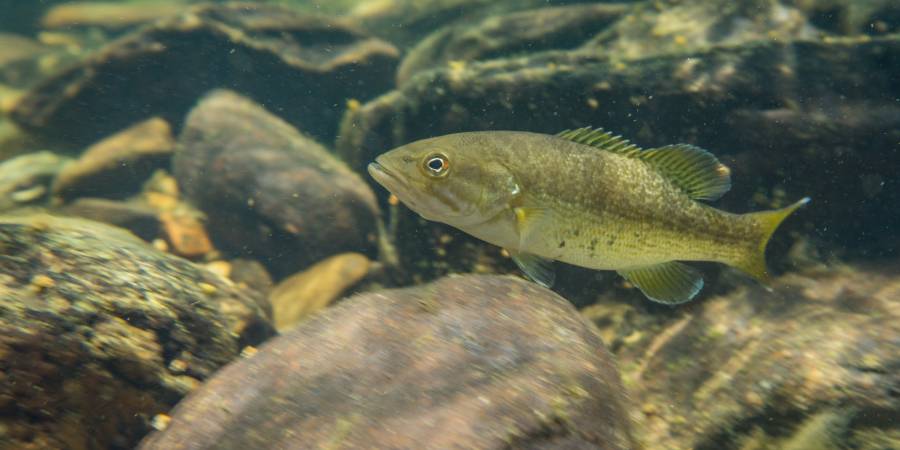The National Park Service has gotten more money to fight against the spread of smallmouth bass from President Joe Biden’s inflation-fighting tax and spend bill.
 Threat To Grand Canyon’s Native Fish?
Threat To Grand Canyon’s Native Fish?
The beauty and majesty of the Grand Canyon, one of the world’s natural wonders, is undeniable. But like many other ecosystems worldwide, it faces challenges from invasive species. The National Park Service is worried about the smallmouth bass.
Officials at Grand Canyon National Park say the project is “part of a nationwide effort to restore natural habitats and address climate change impacts.”
In fiscal year 2023, President Biden’s unpopular Investing in America scheme, paid through the Infrastructure Law and the Inflation Reduction Act, will provide $52 million to the National Park Service to fund such projects.
Arizona Daily independent
Dollars vs. Bass: Where’s the Threat?
The federal government designated a portion of funds from the “Inflation Reduction Act” to protect the Colorado River’s native species at the Grand Canyon National Park. The sum? A whopping $258,000 to shield native fish from the pesky smallmouth bass. On paper, this might seem like a smart conservation move, given the bass’s history of decimating native fish populations in other regions. But how do funds that are supposed to be used for fighting inflation, go to fighting the spread of our beloved smallmouth bass.
Preventative Measures or Wasteful Expenditure?
What raises eyebrows is that as of August 2023, there’s been no detection of smallmouth bass in the Grand Canyon. This makes the whole initiative somewhat paradoxical. Are we protecting against a threat that doesn’t exist? Or is this a preventative measure to ensure the future safety of the park’s fragile aquatic ecosystem?
Yet, there’s another side to the story. With funds drawn from the already stretched pockets of taxpayers, some question the wisdom of this endeavor. Is it really a smart move to spend on a potential future problem while there are myriad pressing issues at hand?
The Threat of Smallmouth Bass?
According to conservationists and government officials, the smallmouth bass has been identified as an invasive species. They have allegedly caused significant declines in native fish populations, especially upstream of Lake Powell. It poses a substantial risk to native species like the humpback chub and the razorback suckers. Ensuring these species’ survival is essential, as they play crucial roles in their respective ecosystems.
 The Grand Dilemma
The Grand Dilemma
However, the crux of the matter is this: With no confirmed presence of smallmouth bass in the Grand Canyon and taxpayers’ money on the line, is this expenditure a justified pre-emptive strike, or is it a poorly thought-out plan?
Only time will tell if channeling funds from the “Inflation Reduction Act” to combat a non-existent threat in the Grand Canyon was a wise move. But it does raise an essential question: How do we strike a balance between proactive conservation efforts and fiscal responsibility?




